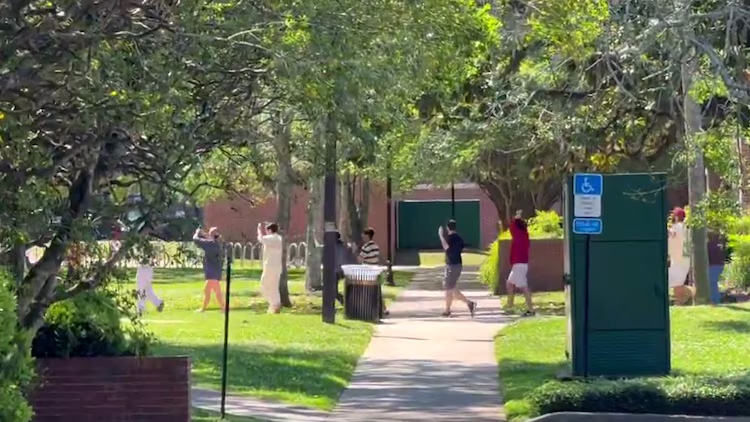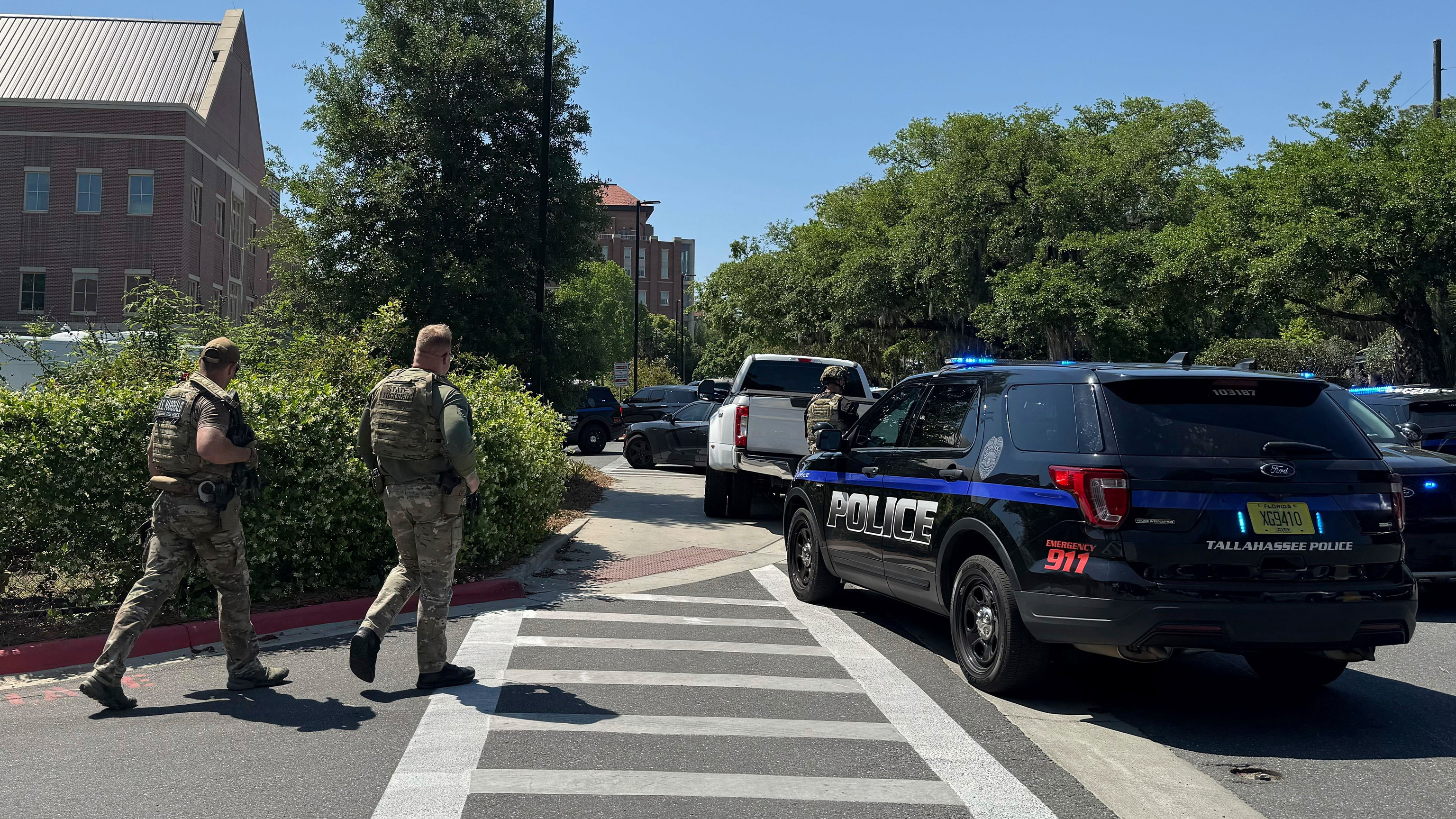Masking in classrooms decreases COVID outbreaks, additional research shows

The debate over requiring children to wear masks at schools rages on, but not among doctors or scientists -- or teachers.
Multiple recent studies have shown that masks effectively slow virus transmission and prevent school closures. Three such studies were just published in the Centers for Disease Control and Prevention's weekly report on infectious diseases.
Kara McCormick-Lyons, a seventh grade teacher and president of the White Plains Teachers' Association in Westchester County, said the new findings weren't surprising.
"Of course it works," McCormick-Lyons said. "Physical distancing, masking, being outdoors when you can, all of these things make a difference."
Whatever mild discomfort children may experience from wearing a mask, she added, is a small price to pay and "if that's what we have to do to all stay here [in school], then it's well worth it."
One recent study from Arizona found the odds of an outbreak were 3.5 times higher in learning environments without a mask requirement. Additionally, schools that implemented mask mandates before school restarted in the fall have had fewer outbreaks compared to schools that more recently adopted the policy.
J. Mac McCullough, an associate professor at Arizona State University and co-author of the study in Arizona, said the results further bolster existing guidelines.
The research "aligned with the CDC's recommendation for masking in schools as one part of a layered approach to preventing COVID-19 outbreaks in K-12 schools," he added.
Another study that examined multiple states found the number of schools reporting COVID-related closures in August and early September was greatest in the South, where fewer mandates are in effect. States including Tennessee, Texas and Georgia have reported upwards of 200 COVID-related school closures.
Another nationwide study showed COVID cases were higher in counties without mandatory masking. For every 100,000 kids, there were 18 fewer COVID cases per day in counties where schools had mask mandates, although the study's authors did note that it's difficult to conclude masks alone are responsible for that discrepancy when factoring in social behaviors and other potential variables among communities.
Ronnye Rutledge, an internal medicine and pediatrics resident physician from Boston, is a contributor to the ABC News Medical Unit.






